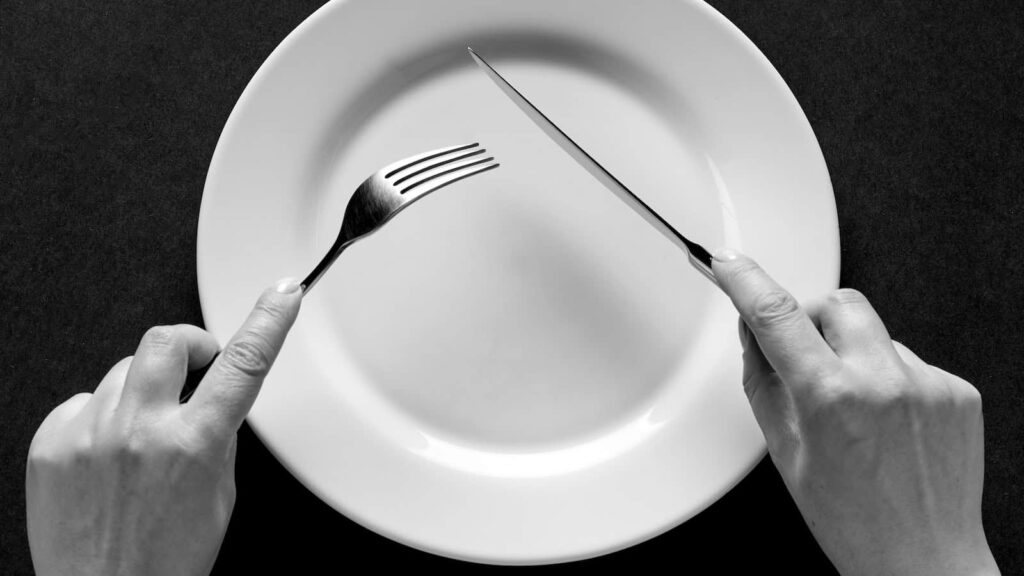17 Surprising Behaviors You Should Never Have in Other Countries
17 Surprising Behaviors You Should Never Have in Other Countries

When traveling, understanding local customs can help you fit in and respect the culture you’re visiting. Here are 17 things you should avoid doing in various countries to ensure a smooth experience and show respect to local traditions and practices.
1. Japan – Don’t Tip

In Japan, tipping isn’t just unnecessary; it’s often viewed as insulting. The Japanese culture prides itself on providing excellent service as a standard expectation, not for extra rewards. Offering a tip can therefore be seen as suggesting that the service was only given in anticipation of extra payment.
2. Norway – Don’t Ask About Going to Church

In Norway, people consider religion a very private matter. Asking someone whether they attend church can be seen as intrusive and overly personal. It’s best to steer clear of discussing religious practices unless someone brings it up themselves in conversation.
3. UK – Don’t Jump Queues

In the United Kingdom, respecting the queue is a serious matter. Cutting in line, or ‘queue jumping’, is viewed as a significant breach of etiquette. It shows a lack of respect for the unwritten rules that help maintain order and fairness in daily interactions.
4. India – Don’t Eat With Your Left Hand

In India, the left hand is traditionally considered unclean because it is used for hygiene purposes in the bathroom. Therefore, it’s disrespectful to use your left hand when eating. Always use your right hand to eat, whether you are sharing a meal or eating alone.
5. Middle East – Don’t Show the Soles of Your Shoes

In many Middle Eastern cultures, showing the soles of your shoes is seen as disrespectful. This part of the shoe is considered dirty and should not be displayed towards other people, especially not in a casual or disrespectful manner.
6. China – Don’t Give Clocks as Gifts

Giving someone a clock as a gift is a major faux pas in Chinese culture. Clocks symbolize the passing of time, which is closely associated with death. Such a gift is considered a bad omen and can be seen as wishing death upon the recipient.
7. Thailand – Don’t Touch Anyone’s Head

In Thailand, the head is regarded as the most sacred part of the body. Touching someone’s head, even as a friendly gesture, is considered highly disrespectful. It’s important to always respect this cultural belief when visiting Thailand.
8. Russia – Don’t Smile at Strangers

In Russia, smiling at strangers can be interpreted as insincere or suspicious. Russians tend to reserve smiles for personal interactions among friends and family, where the warmth and joy are genuine and well understood by everyone involved.
9. France – Don’t Talk or Ask About Money

In France, discussing money is often seen as crude and impolite. Asking about someone’s financial situation or openly talking about money matters is avoided in social settings to maintain a sense of decorum and respect among acquaintances and new friends.
10. Brazil – Don’t Make the “OK” Hand Gesture

In Brazil, the “OK” hand gesture, commonly understood in many other cultures as a sign of agreement or that everything is fine, is considered extremely rude. It’s similar to giving someone the middle finger in other cultures. Avoid using this hand gesture to prevent misunderstandings or offending someone.
11. Germany – Don’t Wish Someone a Happy Birthday Early

In Germany, wishing someone a happy birthday before the actual date brings bad luck. Celebrations or congratulations are kept strictly for the day of the birthday or afterward, reflecting a cultural emphasis on timing and respect for each person’s special day.
You may also like: I’ve Lived Abroad For 6 Years And Here Are 11 Surprising Things I’ve Learned
12. Singapore – Don’t Litter

Littering is taken very seriously in Singapore. The city-state maintains its cleanliness and order by imposing high fines for littering. Visitors should always use trash bins to dispose of their rubbish and maintain the cleanliness that Singapore is famous for.
13. Hungary – Don’t Clink Beer Glasses

In Hungary, there’s a historical context behind not clinking beer glasses. This tradition dates back to the 1848 revolution, where Austrian generals celebrated their victories over Hungarian forces by clinking their beer glasses. As a sign of respect to their history, Hungarians avoid this practice.
14. Italy – Don’t Order Cappuccino After 11 AM

In Italy, a cappuccino is traditionally considered a morning drink. Italians believe that drinking milk after a meal can interfere with digestion. Therefore, ordering a cappuccino after 11 AM might earn you a puzzled look from the locals or the barista.
15. Australia – Don’t Ignore Water Safety Signs

Many Australian beaches have dangerous currents that can be hazardous. It’s vital to obey water safety signs and swim only between the designated flags. These precautions help prevent drownings and ensure that everyone can enjoy the beach safely.
16. USA – Don’t Discuss Politics or Religion in Polite Conversation

In the United States, topics like politics and religion are often seen as personal and potentially divisive. In polite social settings, it’s best to avoid these subjects to prevent confrontations or uncomfortable situations.
17. Spain – Don’t Rush Through Meals

In Spain, meals are considered social events meant to be enjoyed slowly and with company. Rushing through a meal can be perceived as rude or dismissive of the company and the culinary experience. Take your time and savor the moment, as it’s an integral part of Spanish culture.
10 Unexpected American Road Trip Customs That Foreigners Find Peculiar

Read More: 10 Unexpected American Road Trip Customs That Foreigners Find Peculiar
12 Common American Customs That Are Considered Offensive In Other Countries

Read More: 12 Common American Customs That Are Considered Offensive In Other Countries
We are Mary and Eric, the founders of Be Right Back, a blog dedicated to romance around the globe and at home.
We are Mary and Eric, the founders of Be Right Back, a blog dedicated to romance around the globe and at home. With over 10 years of experience in dating and traveling to romantic places, we share our favorite date ideas and romantic destinations to help couples level up their relationships. Having lived in and traveled through the USA, we also share our favourite things to do in the States.
With 70,000 monthly readers and 16,000 followers on social media, Be Right Back is your go-to resource for romantic trip ideas and couple activities at home and abroad.
